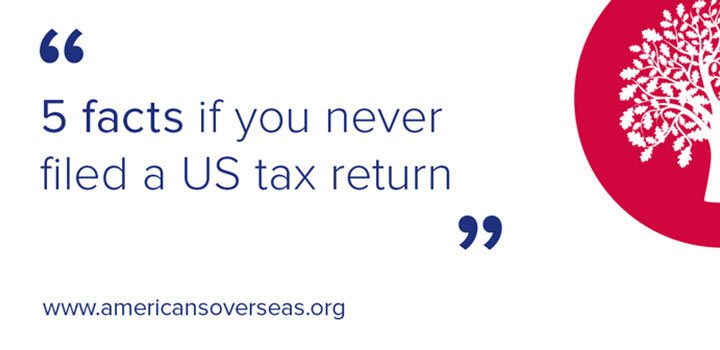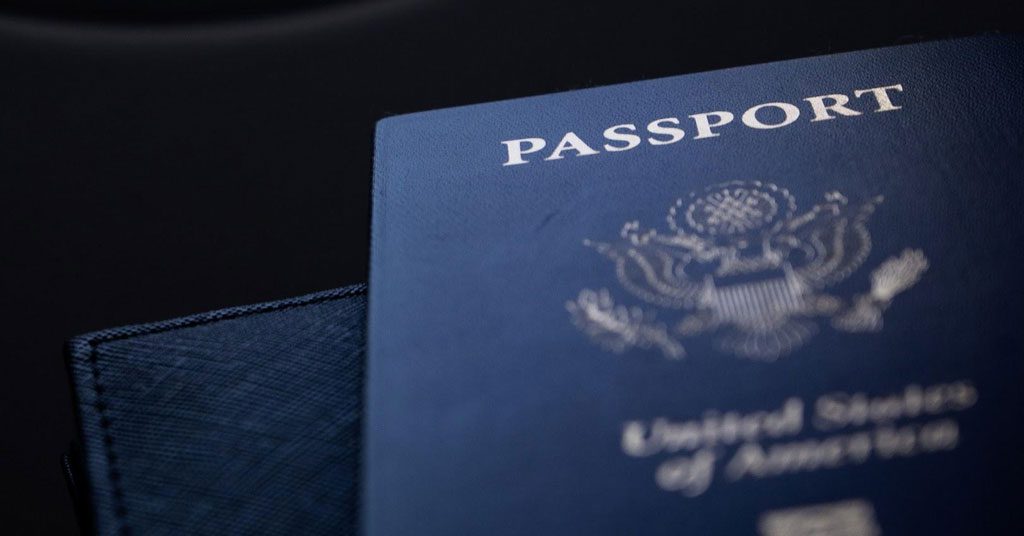What is FBAR?

Summary
FBAR stands for “Foreign Bank Account Report” and refers to FinCEN Form 114, the Report of Foreign Bank and Financial Accounts. This report is mandatory for U.S. persons who meet specific filing requirements related to foreign accounts.
What is FBAR filing?
FBAR requirements
Who needs to file an FBAR?
U.S. persons, including citizens, residents, and entities such as trusts or partnerships, must file an FBAR if:
- They have ownership or control (e.g., signature authority) over foreign financial accounts.
- The aggregate value of all foreign accounts exceeds $10,000 at any point during the calendar year.
Note: Even if an individual account stays under $10,000, all accounts must be reported if the combined total exceeds the threshold.
What accounts are included in FBAR reporting?
The following foreign accounts must be reported on an FBAR:
- Bank accounts, securities accounts, and other financial accounts.
- Accounts in foreign mutual funds where the holder has an equity interest.
- Individually owned bonds, notes, stock certificates, and unsecured loans are not “accounts”.
- Foreign life insurance policies or annuities with a cash surrender value.
- Foreign online gambling accounts (as per IRS guidelines ).
Certain financial items are not considered accounts for FBAR purposes, such as:
- Individually owned bonds, notes, stock certificates, and unsecured loans.
What are common FBAR mistakes?
- Many persons are under the mistaken belief that if one has several overseas accounts and a particular account is not over $10,000 then that account does not have to be reported. This is incorrect. Remember, if the highest aggregate value of all of the foreign accounts on any day in the tax year is over $10,000, then all accounts must be reported on the FBAR.
- Another common mistake arises when an account beneficially belongs to another person. In this case, it is often erroneously believed that the nominee does not need to report that account on an FBAR. This is incorrect; the nominee must still file the FBAR if the dollar threshold is met by the nominee.
- Other mistakes involve an improper understanding of what must be disclosed on the FBAR. For example, foreign mutual funds or foreign life insurance / foreign annuity with a cash surrender value must be reported.
- Another common mistake involves the incorrect notion about filing for an extension. If one is to file an extension for one’s US income tax return it will also extend the due date for the FBAR filing. The FBAR is completely separate from one’s income tax return and currently, it has a different due date. In addition, one cannot obtain an extension to file an FBAR. But this will change for FBARs covering the 2016 year, due in 2017. You can read more here.
What is the FATCA factor?
Overseas Americans who have dropped out of the tax filing system can be in a perilous situation. Most of them will have foreign (non-US) bank and/or financial accounts for which FBARs should have been filed. The IRS is now being far more harsh in assessing penalties for failure to file FBARs or for incorrect FBAR filings.
Pressing upon such taxpayers is the FATCA Factor, the Foreign Account Tax Compliance Act. As of 2014, under certain provisions of FATCA, foreign financial institutions will be required to collect information. This information will be relayed either directly (or indirectly through their local government authority) to the IRS about assets held by US persons with that institution. The FATCA rules will make it very easy for the IRS to cross-reference the information provided by the foreign financial institution with the taxpayer’s Form 1040. This is to determine whether taxes and reporting on foreign financial assets have been properly undertaken.
The first information reports are due to the IRS in 2015. If the IRS learns of a taxpayer’s noncompliance from the financial institution (for example, the taxpayer’s non-US bank), the taxpayer will not be eligible for entry into an IRS Voluntary Disclosure initiative. For those with potential criminal tax exposure, this can mean the difference between serving prison time and staying out of jail.
FBAR Filing and FATCA
The Foreign Account Tax Compliance Act (FATCA) plays a significant role in foreign account reporting. Under FATCA:
- Foreign financial institutions must report account details of U.S. persons to the IRS.
- This information enables the IRS to cross-reference foreign account reports with your U.S. tax filings to identify noncompliance.
- If you fail to file an FBAR and the IRS obtains information about your accounts via FATCA, you may face significant penalties and may not qualify for programs like the IRS Voluntary Disclosure Initiative.
FBAR Filing Instructions
To comply with FBAR reporting requirements, U.S. persons must file FinCEN Form 114:
- File Online: The FBAR must be filed electronically through the BSA E-Filing System.
- Filing Deadline: The annual FBAR deadline is April 15, with an automatic extension to October 15 for late filers.
How to File an FBAR?
- Gather information on all foreign accounts, including:
- Account numbers, financial institutions, and addresses.
- The maximum account value during the year (in U.S. dollars).
- File the FBAR using the BSA E-Filing System or consult a tax professional experienced with FBAR reporting.
What Are the Penalties for Not Filing an FBAR?
Failure to file an FBAR or providing incorrect information can result in significant penalties:
- Civil penalties: Up to $10,000 per violation for non-willful violations.
- Willful violations: Higher penalties and potential criminal charges.
Why is FBAR Important?
FBAR reporting is critical for U.S. persons with foreign financial accounts. It ensures compliance with U.S. tax laws and avoids severe penalties. If you are unsure whether you need to file an FBAR or how to do so, professional assistance can help ensure compliance.
What’s the Difference between FBAR and FATCA?
While FBAR and FATCA both deal with foreign account reporting, they serve different purposes:
- FBAR: Filed under FinCEN Form 114 to report foreign financial accounts exceeding $10,000.
- FATCA: Requires filing Form 8938 with your U.S. tax return to report specified foreign financial assets.
Need more information on FBAR filing?
We, the founders of Americans Overseas, were born in the Netherlands and obtained our American nationality through our (American) mother.
When we heard about the US tax system for the first time around 2013, we were in total disbelief (it can’t be true!), anger (how can they do this?), fear (am I going to get fined or pick up other problems?), and panic (what should I do?). It is (unfortunately) true that there is an additional American tax levy. But there’s no information from the local government, and when approached, the consulate referred us to the IRS, and the IRS was impenetrable.
That’s why we started this initiative to help people from all over the world by providing proper information about the US tax system to avoid unnecessary panic and offering help free of obligation and free of charge. If needed, we have a network of affordable professionals (accountants) who can help you with your FBAR filing.
Contact us for more information
Sources:







